In the complex landscape of international relations and economic policies, the transatlantic trade tensions between the United States and the European Union have become a hot topic. Various members of the European Parliament have voiced their opinions on the trade war, the impact of tariffs, and the broader geopolitical implications. This article delves into the critical perspectives shared by key political figures, highlighting the challenges and opportunities that lie ahead for Europe and its relationship with the United States.
From accusations of childish behavior to calls for pragmatic engagement, the discourse reflects deep frustrations and hopes for a future where cooperation prevails over conflict. As trade barriers rise and political rhetoric intensifies, understanding the nuances of this debate is essential for anyone interested in global economics and diplomacy.
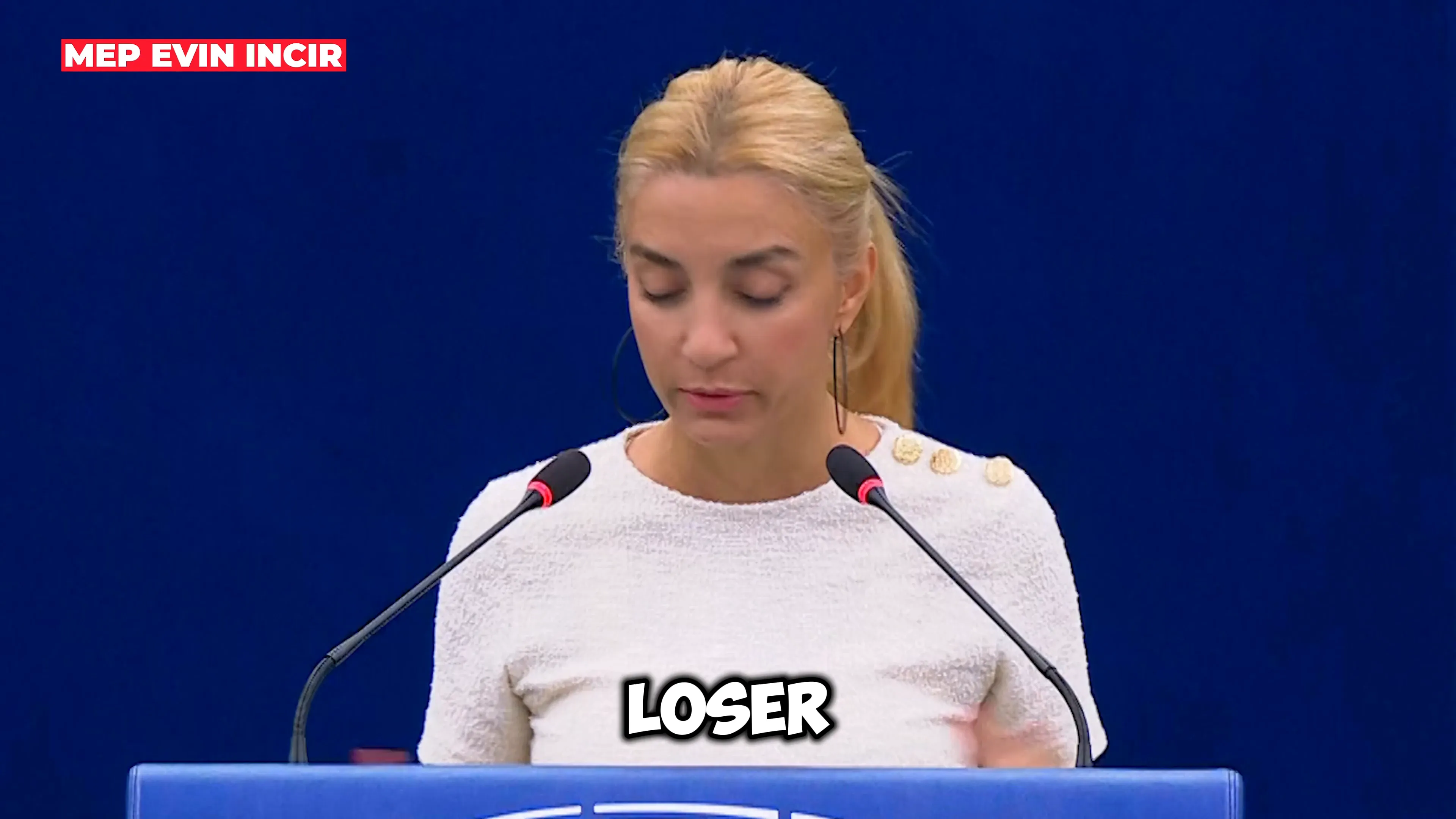
The conversation begins with a sharp critique directed at former U.S. President Donald Trump. Evin Incir, a Member of the European Parliament (MEP), bluntly states, “To the president of the USA Trump, you are a loser.” This sets the tone for a candid and sometimes confrontational dialogue among European representatives.
Following this, Sebastian Tynkkynen, another MEP, emphasizes the immaturity he perceives in the ongoing conflict, likening the behavior of involved parties to “a bunch of high school divas.” He advocates for a mature approach, urging for meaningful agreements that benefit both Europe and the United States. His call to “grow up and work towards finding a meaningful agreement” underscores the necessity of cooperation amidst rising tensions.
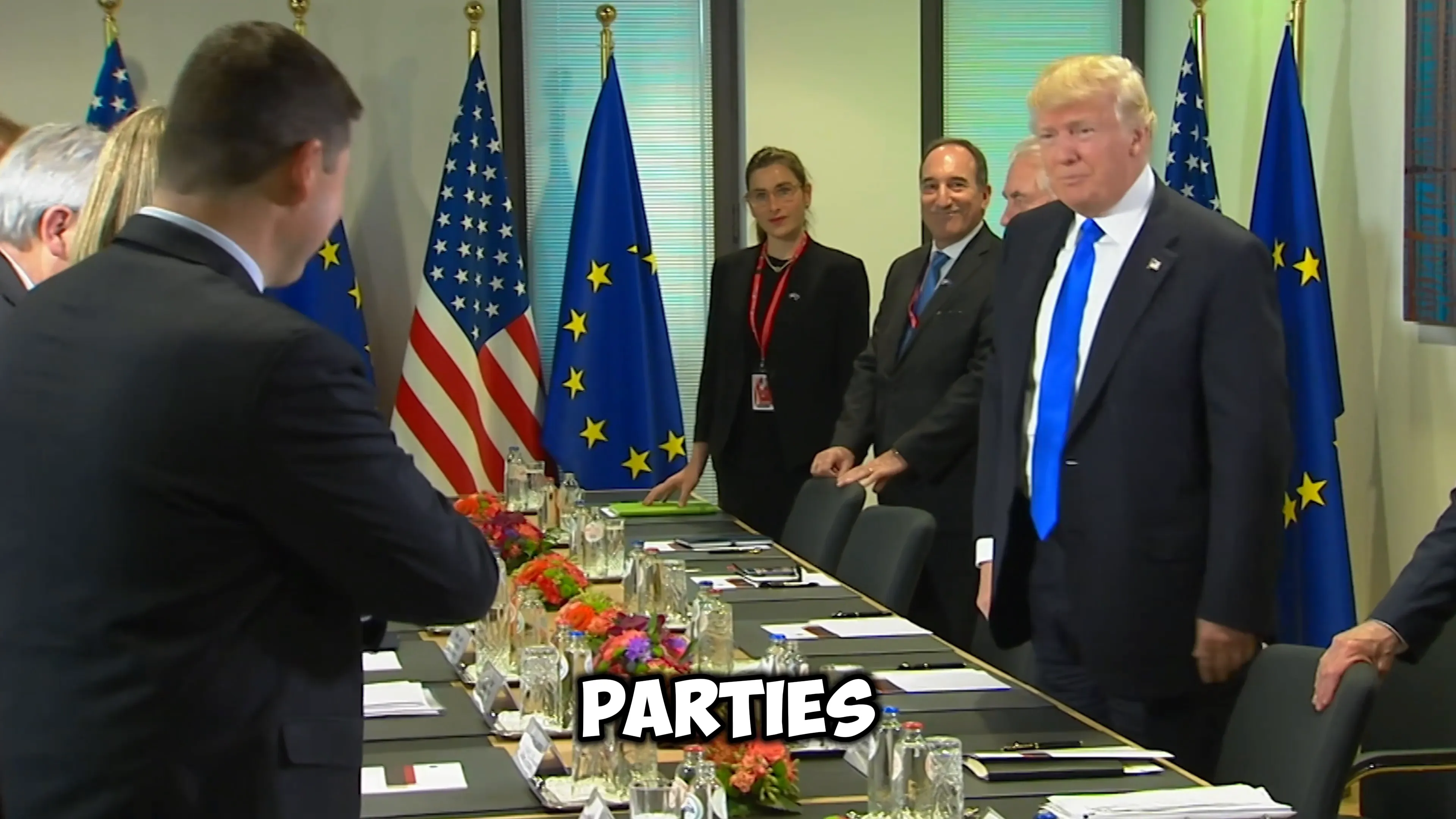
Table of Contents
- Accusations and Political Critiques
- The Economic Burden and Trade Barriers
- Energy Dependency and Geopolitical Hypocrisy
- Leadership and the Need for Pragmatic Engagement
- The Call to End Trade Wars
- Internal Challenges and Calls for Reform
- Trade Tariffs and Market Realities
- China as a Strategic Adversary
- Dialogue and Economic Realism
- Strengthening Transatlantic Bonds Amidst Competition
- Opportunities and Challenges Ahead
- Self-Imposed Tariffs and Policy Criticisms
- Conclusion: Navigating a Complex Trade Landscape
Accusations and Political Critiques
Diana Iovanovici-Șoșoacă, MEP, offers a stark perspective on Europe’s internal challenges, accusing some of destroying Europe from within. She defends Trump’s policies as protective of his citizens and contrasts this with what she describes as the destruction of democracy in Romania, alleging foreign interference in elections and unconstitutional practices. Her remarks highlight the complex interplay between domestic politics and international relations within Europe.
She questions the legitimacy of certain European political actions, stating, “You have destroyed democracy in Romania where you intervened in our elections,” and calls for a focus on making Europe democratic and Romania great. This sharp critique reflects the tensions within Europe itself, where different political ideologies and interests often clash.
Sebastian Tynkkynen returns to criticize some European countries for seeking closer ties with China, which he describes as a dictatorship. He condemns this as a childish reaction aimed at antagonizing the United States, warning of the dangers of turning a blind eye to China’s authoritarian regime. His argument stresses the importance of aligning with democratic partners rather than engaging with illiberal states.
He asks pointedly, “Are you really that childish? You are all acting like a bunch of high school divas,” urging Europe to take a more responsible and strategic stance in its foreign relations. This sentiment echoes the broader theme of maturity and pragmatism in international diplomacy.
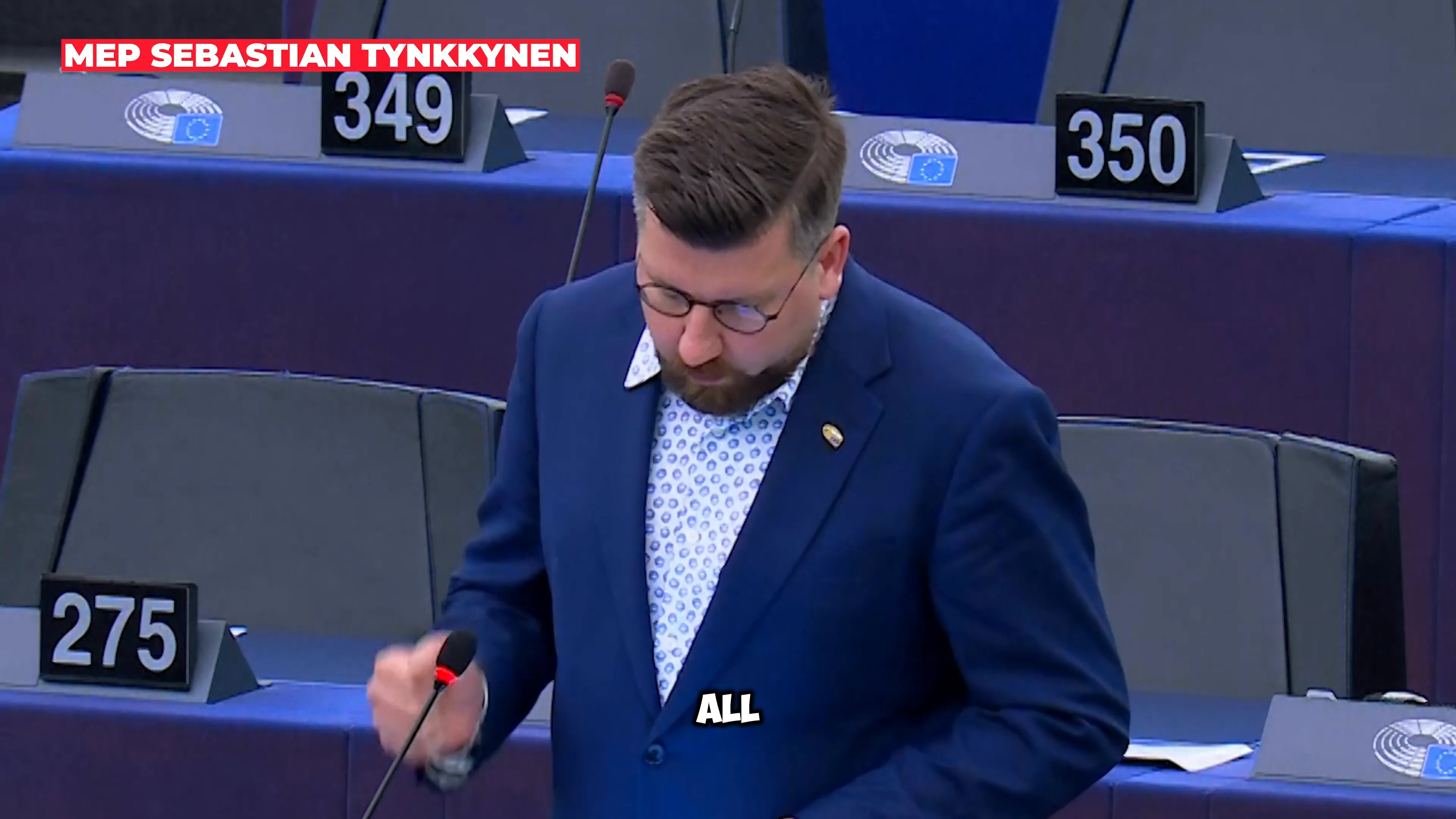
The Economic Burden and Trade Barriers
Jorge Buxadé, MEP, provides a detailed critique of European economic policies and trade barriers. He argues that the current situation is not about tariffs per se, but about who bears the burden of Europe’s economic challenges. He disputes the notion of a free international trade regime, pointing out that tariffs, import quotas, and regulatory barriers are common worldwide.
Buxadé highlights the hypocrisy he sees in Europe’s approach, citing China’s recent tariff increases on pork and accusing Brussels of imposing decades of barriers against European producers under environmental pretexts. He paints a picture of Europe competing “with our hands tied,” while countries like China, Turkey, and Morocco aggressively pursue their economic interests.
He further criticizes European policies that, in his view, harm domestic industries, such as denying water resources to certain Spanish regions while funding projects abroad, expropriating olive trees for solar panels, and banning combustion engines during a pandemic. He condemns the speculative market around CO2 emission rights and border adjustment mechanisms, labeling them as suffocating non-tariff barriers.
Buxadé accuses European leaders of focusing on increasing taxes to fund elite interests and wasting money on Chinese renewables, culminating in energy crises like the one currently affecting Spain. He rejects the left-wing agenda, hydroelectric schemes, and the Green Deal, branding them as hypocritical and harmful to Europe’s competitiveness.
Energy Dependency and Geopolitical Hypocrisy
Nicola Procaccini, MEP, addresses the controversial issue of European nations enriching Russia through liquefied natural gas (LNG) purchases. He points out that countries like France and Spain have significantly increased their LNG imports from Russia, despite the geopolitical tensions and sanctions related to the conflict in Ukraine.
Procaccini states, “It’s not Orban’s Hungary, but Macron’s France with an 81% increase between 2024 and 2023,” and notes Spain’s 38% reliance on Russia for gas. He calls for the removal of tariffs imposed by the European Union on itself through the Green Deal to revive competitiveness and warns against paths leading to illiberal regimes like China or North Korea.
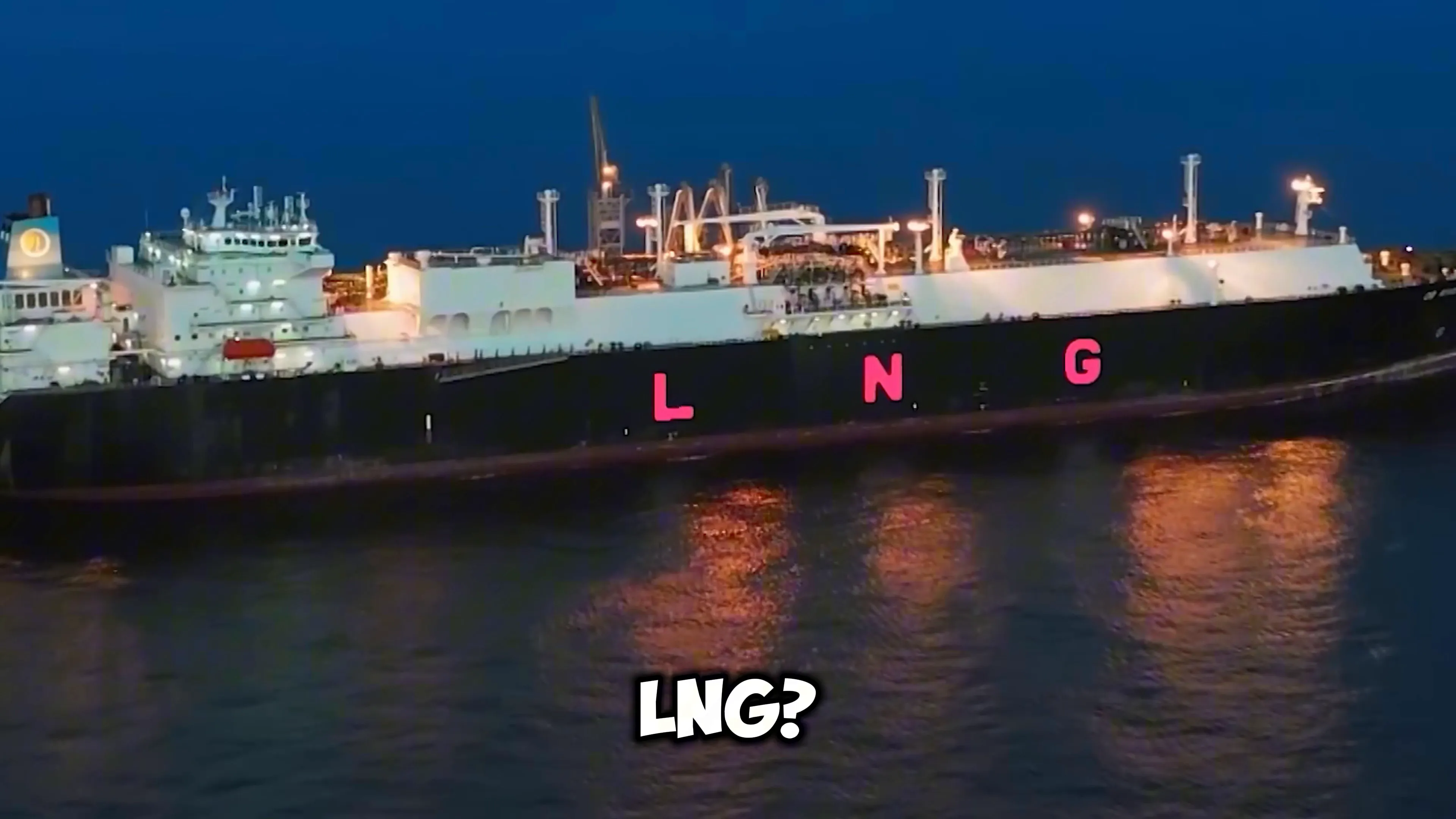
This critique underscores the complex and often contradictory nature of European energy policy, where economic interests and geopolitical considerations frequently collide. The call to revive competitiveness by removing self-imposed tariffs reflects a desire for more pragmatic economic strategies.
Leadership and the Need for Pragmatic Engagement
Adam Bielan, MEP, praises Italian Prime Minister Giorgia Meloni for her strategic visit to Washington, emphasizing the importance of showing leadership through decisive actions. He contrasts this with the Polish Prime Minister Donald Tusk’s blocking of an EU-US summit, which Bielan describes as a missed opportunity that sends the wrong signal to America’s closest ally.
Bielan advocates for pragmatic engagement rather than retaliation in addressing disagreements over trade, subsidies, and regulatory divergence. He stresses the need for a common European strategic response that protects interests and strengthens partnerships, highlighting the importance of unity in the face of global challenges.
Rihards Kols, MEP, echoes this sentiment by emphasizing the fast pace of global competition and the need for Europe to align with the United States. He calls for permanent EU trade representation in the U.S. to identify and remove barriers hindering transatlantic trade.
Kols supports the idea of a zero-tariff zone between Europe and the U.S., quoting Elon Musk to underline the benefits of a stronger, freer trade relationship based on trust and shared democratic values. This vision represents a hopeful path forward for transatlantic economic cooperation.
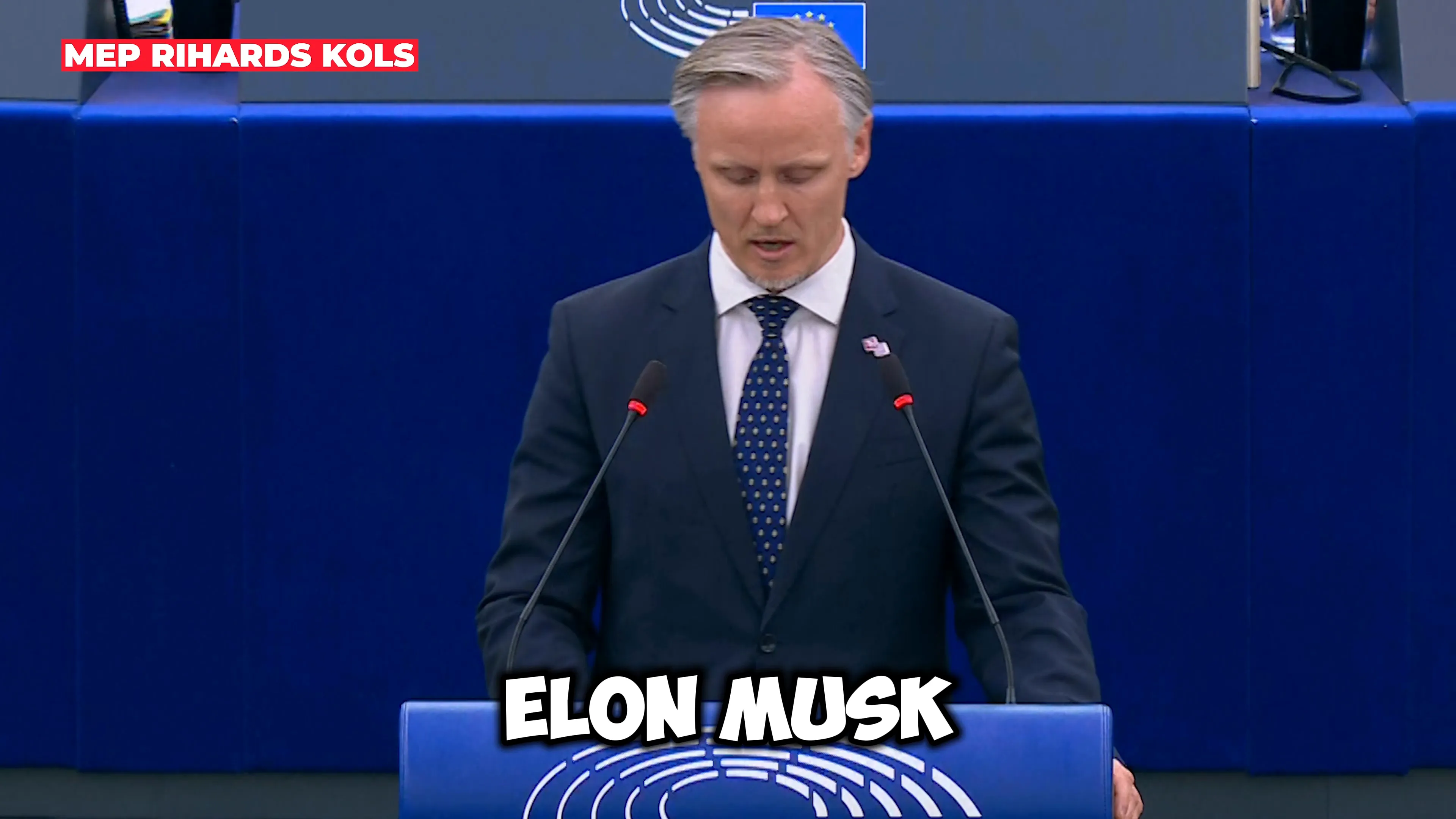
The Call to End Trade Wars
Elon Musk, Senior Advisor to the U.S. President, expresses hope for the establishment of a zero-tariff zone between Europe and North America, envisioning a free trade area that would benefit both sides. His endorsement adds weight to the calls for dismantling trade barriers and fostering closer economic ties.
Daniele Polato, MEP, reinforces this position by declaring trade wars useless and welcoming the suspension of tariffs by the American administration as a positive development. He stresses the urgency of resuming negotiations and returning to constructive dialogue, as proposed by Prime Minister Meloni.
Polato highlights the negative consequences of abandoning strategic sectors like industry, automotive, agriculture, chemicals, and steel, which have led to diminished competitiveness in global markets. He calls for a pragmatic relaunch of the European economy, emphasizing the need to listen to entrepreneurs and move beyond ideological constraints.
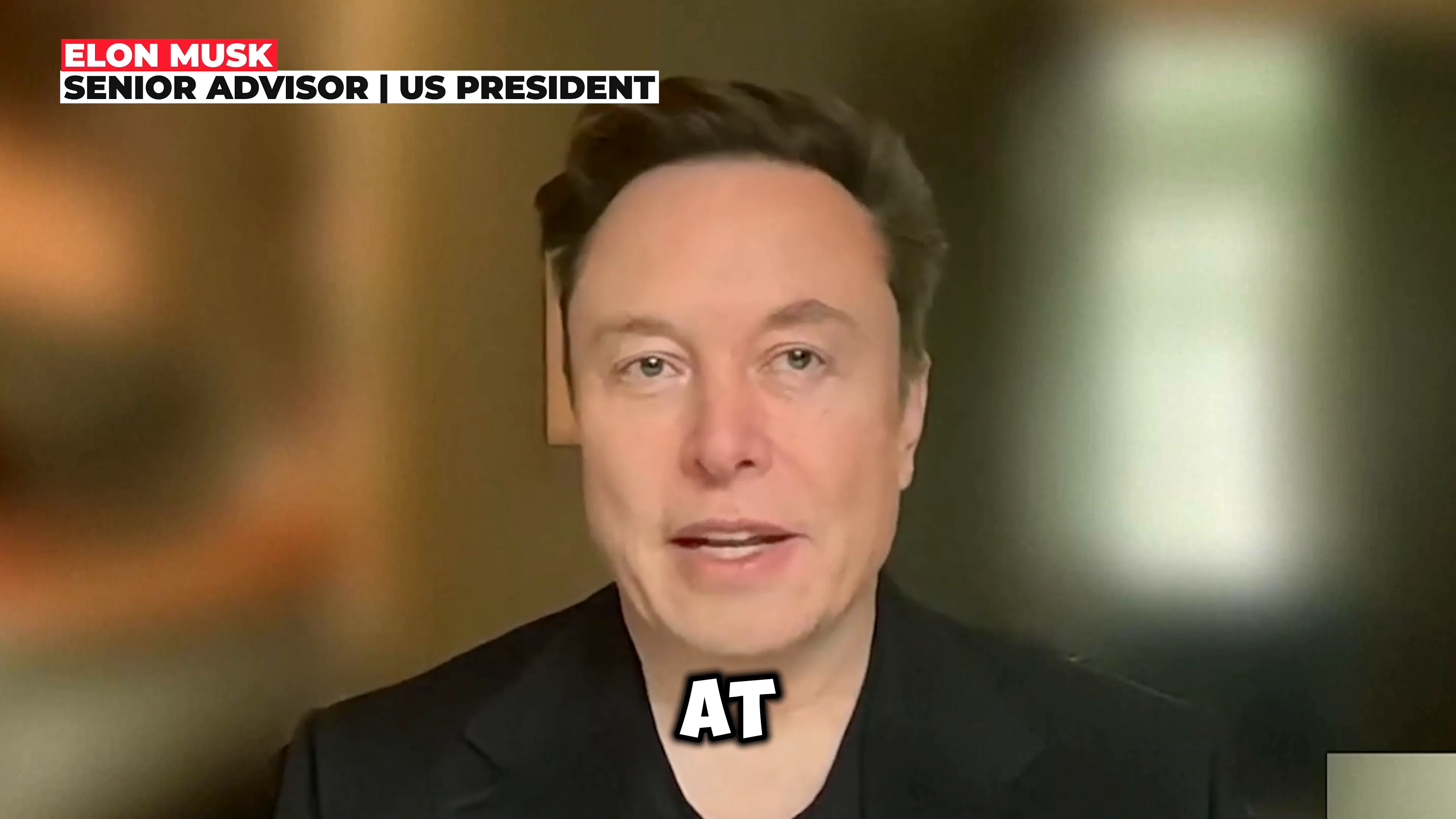
Internal Challenges and Calls for Reform
Jorge Buxadé revisits the theme of internal European challenges, reiterating that the issue is not just external tariffs but the burden placed on the European economy by its own policies. He criticizes the EU’s decades-long approach of raising barriers under environmental pretenses, which he believes handicaps European producers.
He calls out both socialists and conservatives for their roles in these policies, listing specific examples such as water denial in certain regions, expropriation of olive trees, bans on combustion engines, and speculative CO2 markets. Buxadé frames these measures as contributing to Europe’s energy and industrial crises.
Adam Bielan again stresses the importance of leadership and unity, thanking Prime Minister Meloni for her decisive action and lamenting the blockage of the EU-US summit. He warns that cancelling the summit sends the wrong signal amidst rising global tensions, emphasizing pragmatic engagement over retaliation.
Bielan calls for a strengthened partnership that protects European interests while maintaining close ties with the U.S., reflecting the delicate balance required in international diplomacy.
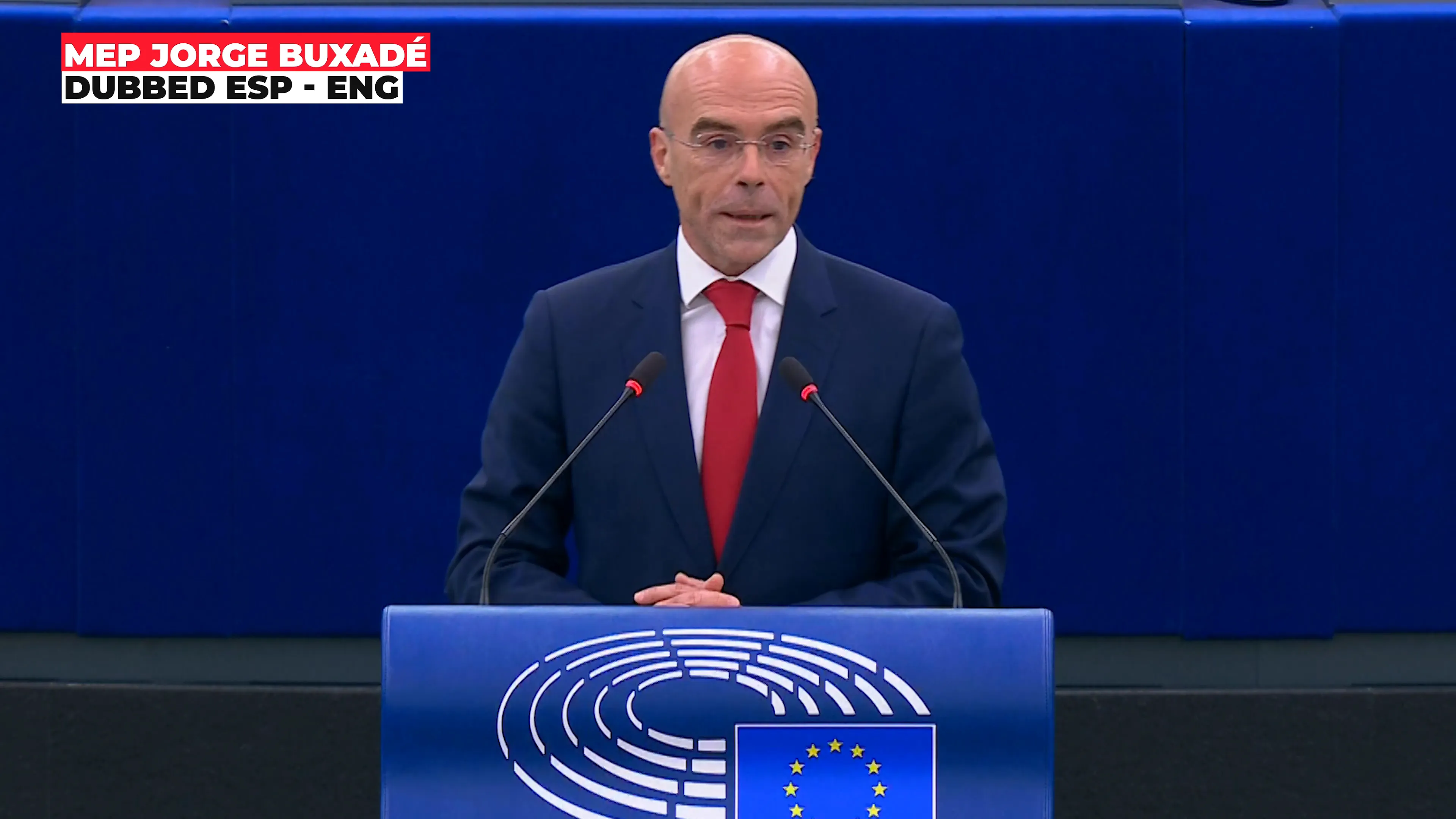
Trade Tariffs and Market Realities
Nicola Procaccini provides concrete examples of European and American tariff policies, noting the asymmetry where the U.S. imposed a 2.5% tariff on European cars while the EU levied a 10% tariff on American cars. He advocates for starting free trade negotiations with the goal of zero tariffs on both sides.
Procaccini ties trade balance issues to political considerations, highlighting the hypocrisy of European energy imports from Russia and calling for the removal of self-imposed tariffs under the Green Deal to boost competitiveness. His remarks underscore the interconnection of trade, energy policy, and geopolitics.
China as a Strategic Adversary
Sebastian Tynkkynen warns that Europe’s greatest adversary is not the United States but China, which he describes as a dictatorship posing a severe threat to Europe’s trade future. He criticizes European countries seeking closer cooperation with China as a reaction to U.S. policies, calling this approach childish and counterproductive.
Tynkkynen urges Europe to grow up and pursue meaningful agreements with the U.S. while reducing dependence on China for its own strategic interests. His pointed remarks highlight the geopolitical complexities Europe faces in balancing relations with two major powers.
Dialogue and Economic Realism
Diana Iovanovici-Șoșoacă shares her experience engaging directly with U.S. Republicans and administration officials, emphasizing that dialogue is possible despite previous insults and political conflicts. She contrasts the focus on personal identities with the need to discuss economic qualifications and policies.
She reiterates her belief that Europe is being destroyed by internal socialist policies while praising Trump’s defense of his country. Her perspective reflects the polarized views within European politics and the challenges of fostering constructive transatlantic relationships.
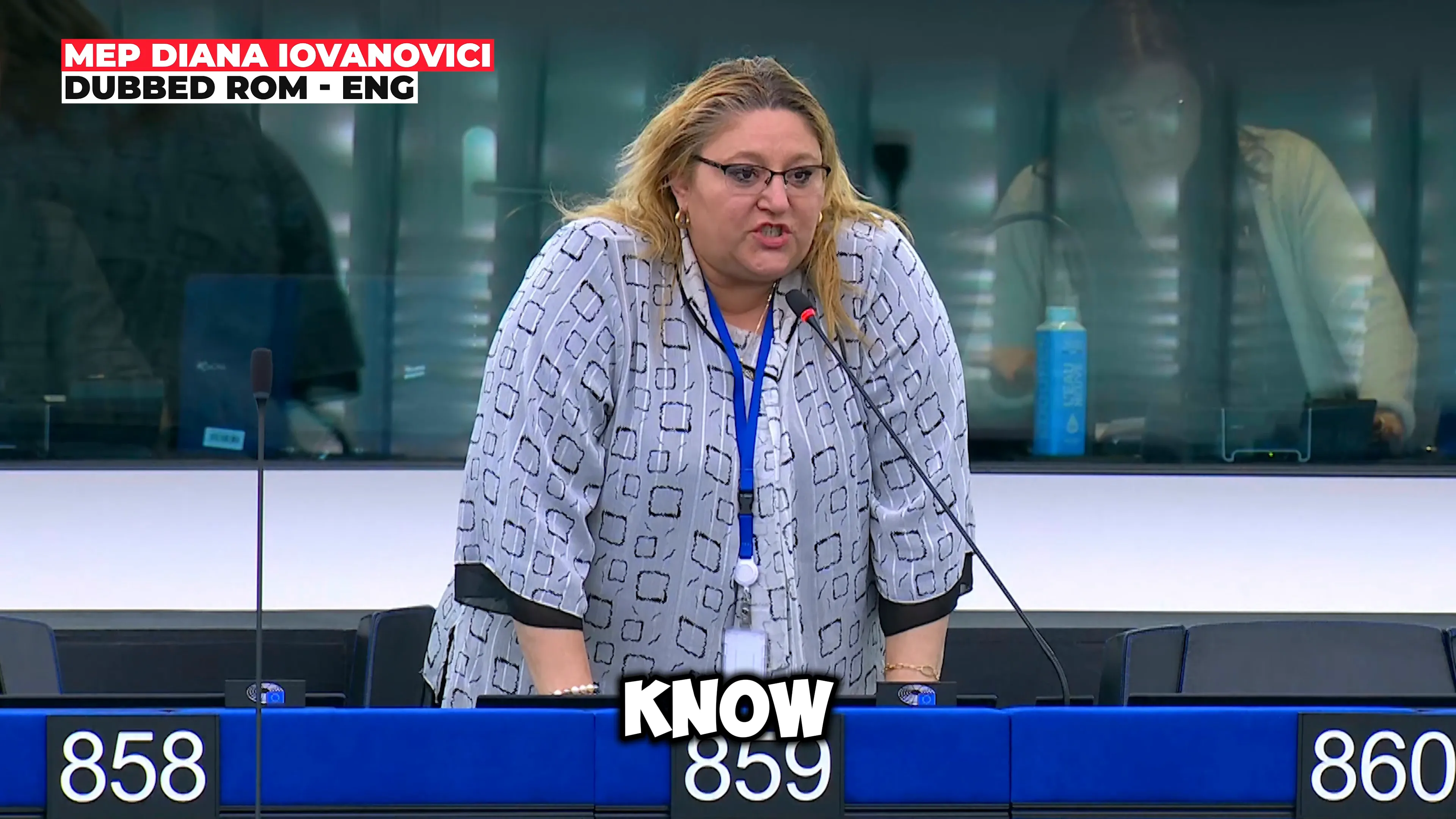
Strengthening Transatlantic Bonds Amidst Competition
Rihards Kols emphasizes the harsh reality of U.S. tariffs but frames them as a reminder of the critical need to deepen, not weaken, transatlantic ties. He points to the rapid advances of authoritarian regimes in emerging technologies and critical raw materials, urging Europe to align with the U.S. strategically.
Kols advocates for permanent EU trade representation in the U.S. and the elimination of barriers that hinder trade, while maintaining high standards in food safety and security. He calls for targeted coordination in critical sectors and praises the idea of a zero-tariff zone as a foundation for stronger cooperation.
Daniele Polato reinforces the futility of trade wars and welcomes the suspension of tariffs by the U.S. administration. He stresses the importance of resuming negotiations and returning to dialogue, focusing on internal reforms to boost Europe’s competitiveness and protect strategic sectors.
Polato calls for pragmatism, concreteness, and listening to entrepreneurs, urging the European Union to move beyond ideological divides and embrace policies that support economic revival and strength at the negotiating table.
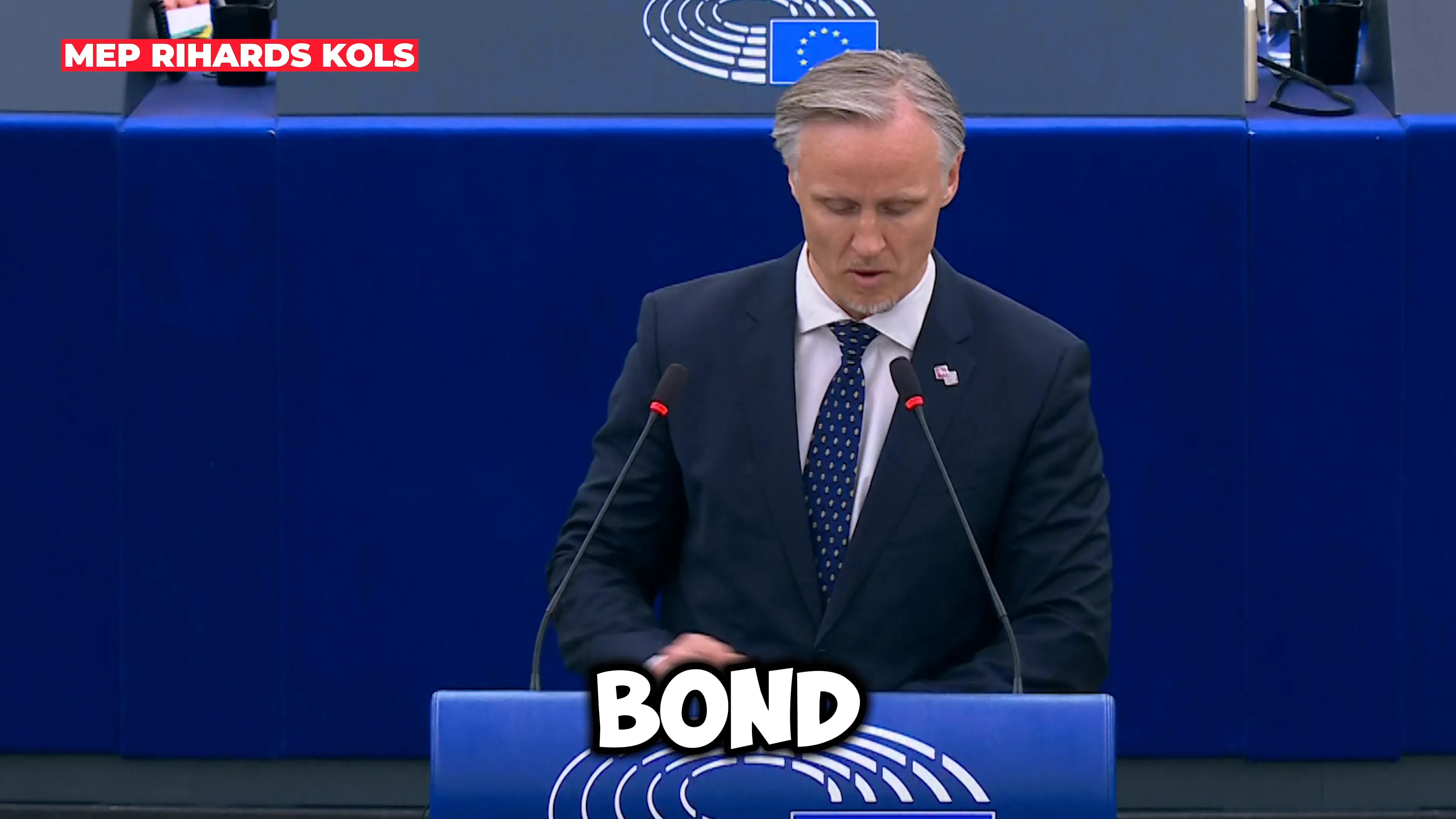
Opportunities and Challenges Ahead
Željana Zovko highlights the mental aspect of war and peace, reminding that peace is created in the minds of people. She acknowledges Europe’s reliance on American partners for defense and trade security but asserts the need for Europe to take control of its competitiveness amidst unjustified tariffs.
Zovko points to the current 90-day tariff pause as a window of opportunity to negotiate outcomes beneficial to both sides of the Atlantic, supporting jobs and economic growth. She warns against protectionism, which imposes costs that no single country or industry should bear alone.
Zovko assures that despite changes in U.S. administrations, the fundamental strength of the transatlantic relationship should remain intact. She calls on the European Union to continue applying calm logic that has made it the strongest single market in the world, allowing small players to survive amid global competition.
This vision emphasizes resilience and strategic cooperation as keys to Europe’s future prosperity and security.
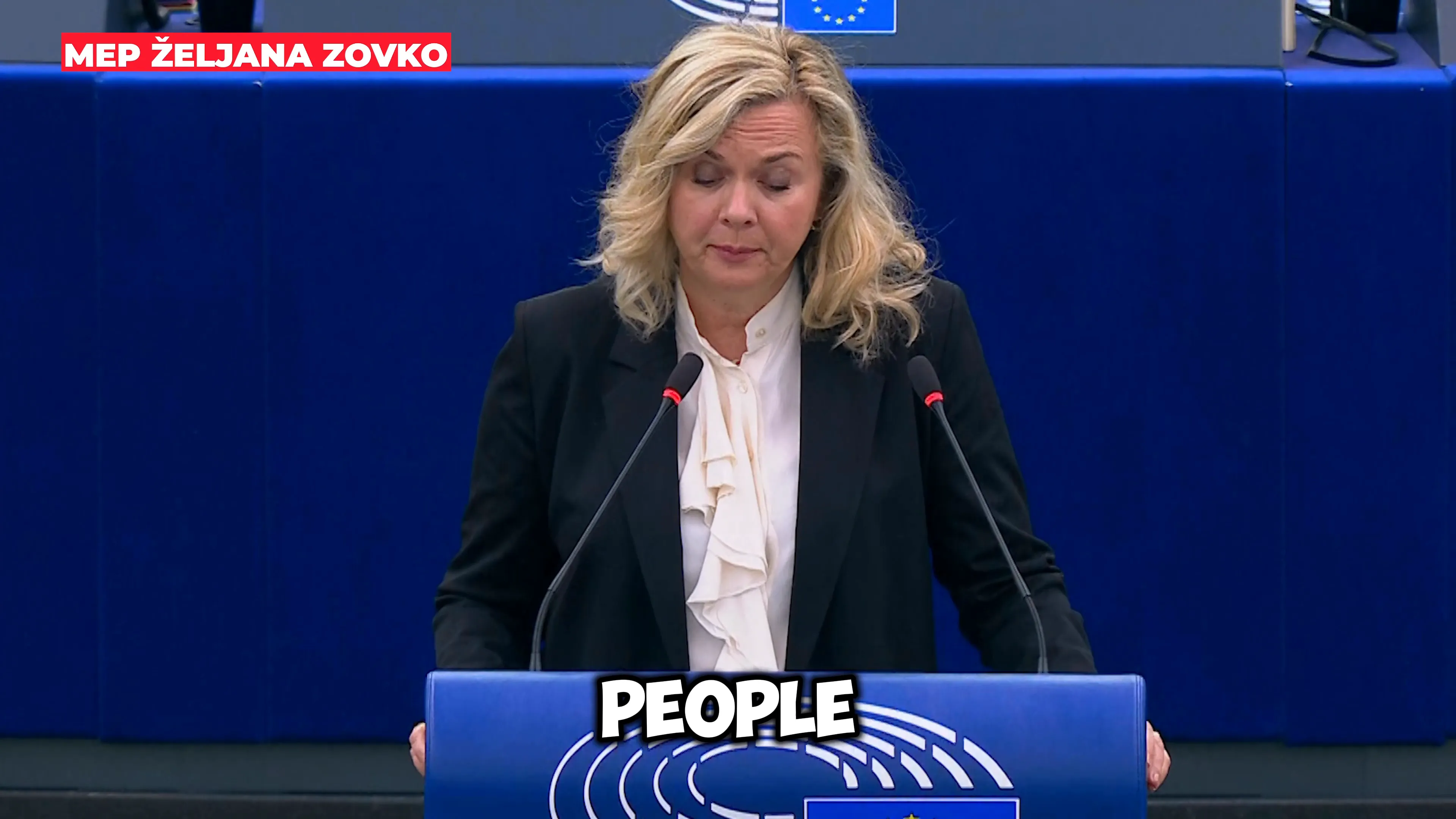
Self-Imposed Tariffs and Policy Criticisms
Isabella Tovaglieri delivers a pointed critique of Europe’s internal policies, arguing that tariffs are already present within Europe, imposed by its own bureaucratic burdens rather than by external actors like Trump. She quantifies the cost of these burdens at 154 billion euros annually, exceeding estimated U.S. tariffs.
Tovaglieri condemns ideological policies such as the Green Deal and bans on combustion engines, which she believes lead to “productive desertification and unemployment,” harming families’ purchasing power. She calls for European leaders to follow the example of those acting in their countries’ best interests by abolishing harmful impositions.
Her argument warns that tariffs risk becoming scapegoats for broader policy failures that threaten Europe’s industrial and geopolitical future. She insists that without addressing these internal issues, Europe cannot secure the prosperous future it deserves.
The debate encapsulates the urgency for Europe to reconcile its environmental goals with economic competitiveness and social welfare.
Conclusion: Navigating a Complex Trade Landscape
The EU-US trade war exposes deep divisions and challenges within Europe and across the Atlantic. From accusations of childishness and political hypocrisy to calls for pragmatic engagement and zero tariffs, the discourse reveals the complexity of balancing national interests, economic competitiveness, and geopolitical realities.
Key takeaways include the necessity for Europe to strengthen its internal economy, reduce dependence on illiberal regimes like China, and foster a cooperative transatlantic relationship based on mutual respect and shared democratic values. Leadership, unity, and pragmatic policies emerge as critical factors in navigating this challenging landscape.
As the world faces fast-moving technological and geopolitical shifts, Europe and the United States must work together to create a resilient and dynamic trade partnership. Only through dialogue, reform, and strategic alignment can they ensure prosperity and security for their citizens in an increasingly competitive global arena.
This comprehensive examination of the trade war and its broader implications offers valuable insights for policymakers, businesses, and citizens alike, underscoring the importance of cooperation over conflict in shaping the future of transatlantic relations.
